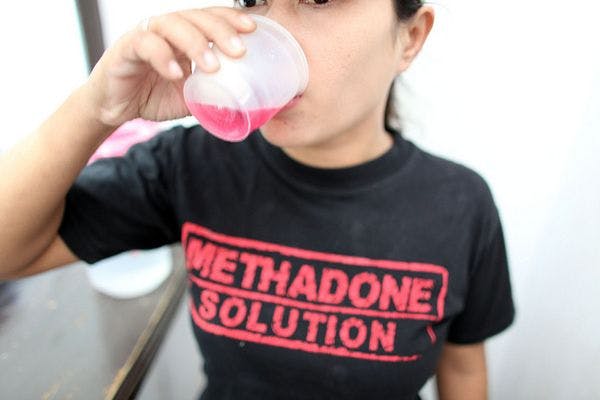Flickrcc Department of Foreign Affairs and Trade
Nuevo estudio europeo: es necesario ampliar la reducción de daños para eliminar la hepatitis C entre las personas que se inyectan drogas
Según un nuevo estudio europeo, para poner fin a las transmisiones del virus de la hepatitis C (VHC), es necesario ampliar el acceso a los servicios de reducción de daños y tratamiento, así como mejorar la políticas de drogas. Más información, en inglés, está disponible abajo.
By Keith Alcorn
Elimination of hepatitis C among people who inject drugs in Europe will require simultaneous scale-up of direct-acting antiviral treatment, needle and syringe programmes (NSP) and opioid substitution treatment (OST), and a re-think of attitudes to drug policy and harm reduction in Central Europe, according to a modelling study led by researchers from the University of Bristol.
The study findings, published in advance online by the Journal of Hepatology, show that although increasing the number of people treated for hepatitis C may result in large reductions in prevalence in countries with low hepatitis C virus (HCV) prevalence, it will have little impact on new infections in most settings.
Elimination of hepatitis C – which the World Health Organization defines as a 65% reduction in HCV-related deaths and a 90% reduction in new infections by 2030 – will depend on both treatment of existing chronic infections and the prevention of new infections.
Some experts see the potential to eliminate hepatitis C transmission in some populations by diagnosing and treating everyone with hepatitis C but this would depend on treatment being affordable and accessible for all. Rapid elimination through treatment alone also depends on the screening of the population to identify people with hepatitis C and good engagement in health care.
